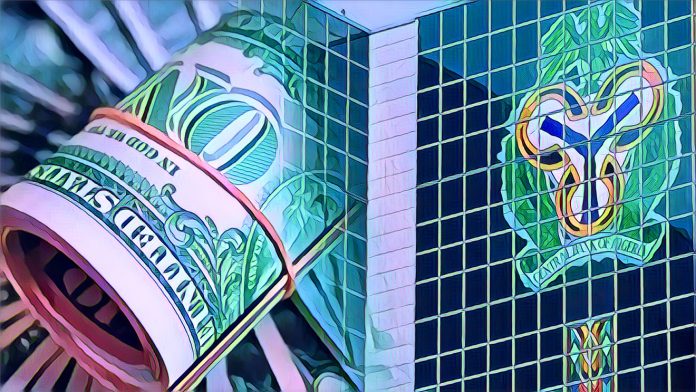Nigeria’s foreign exchange reserves are approaching a two-month low, standing at $33.36 billion, signaling potential challenges for the country’s economy. The decline in reserves reflects ongoing pressures on Nigeria’s currency and foreign exchange market, raising concerns among policymakers and economists.
Foreign exchange reserves play a crucial role in supporting the stability of Nigeria’s currency, the naira, and ensuring sufficient liquidity in the foreign exchange market. However, sustained external pressures, including fluctuating oil prices and capital outflows, have exerted downward pressure on the country’s reserves in recent months.
The dwindling reserves underscore the need for prudent management of Nigeria’s foreign exchange resources and concerted efforts to address structural imbalances in the economy. As Africa’s largest oil producer, Nigeria remains highly reliant on oil exports for foreign exchange earnings, leaving it vulnerable to volatility in global oil markets.
To bolster foreign exchange reserves and enhance economic resilience, Nigeria must pursue policies aimed at diversifying its revenue sources, promoting export diversification, and attracting foreign investment. Additionally, measures to improve fiscal discipline, enhance transparency, and strengthen institutions are essential to restoring investor confidence and stabilizing the foreign exchange market.
The decline in Nigeria’s foreign exchange reserves highlights the importance of implementing reforms to address underlying macroeconomic vulnerabilities and foster sustainable economic growth. As the country navigates economic challenges, policymakers must remain vigilant and proactive in implementing measures to safeguard Nigeria’s financial stability and promote inclusive development.
Despite the current pressures on foreign exchange reserves, Nigeria has the potential to leverage its vast natural resources, dynamic population, and entrepreneurial spirit to drive economic transformation and achieve long-term prosperity. By implementing prudent policies and fostering an enabling environment for investment and innovation, Nigeria can overcome its current challenges and chart a path towards sustainable development.
Source: Business day



